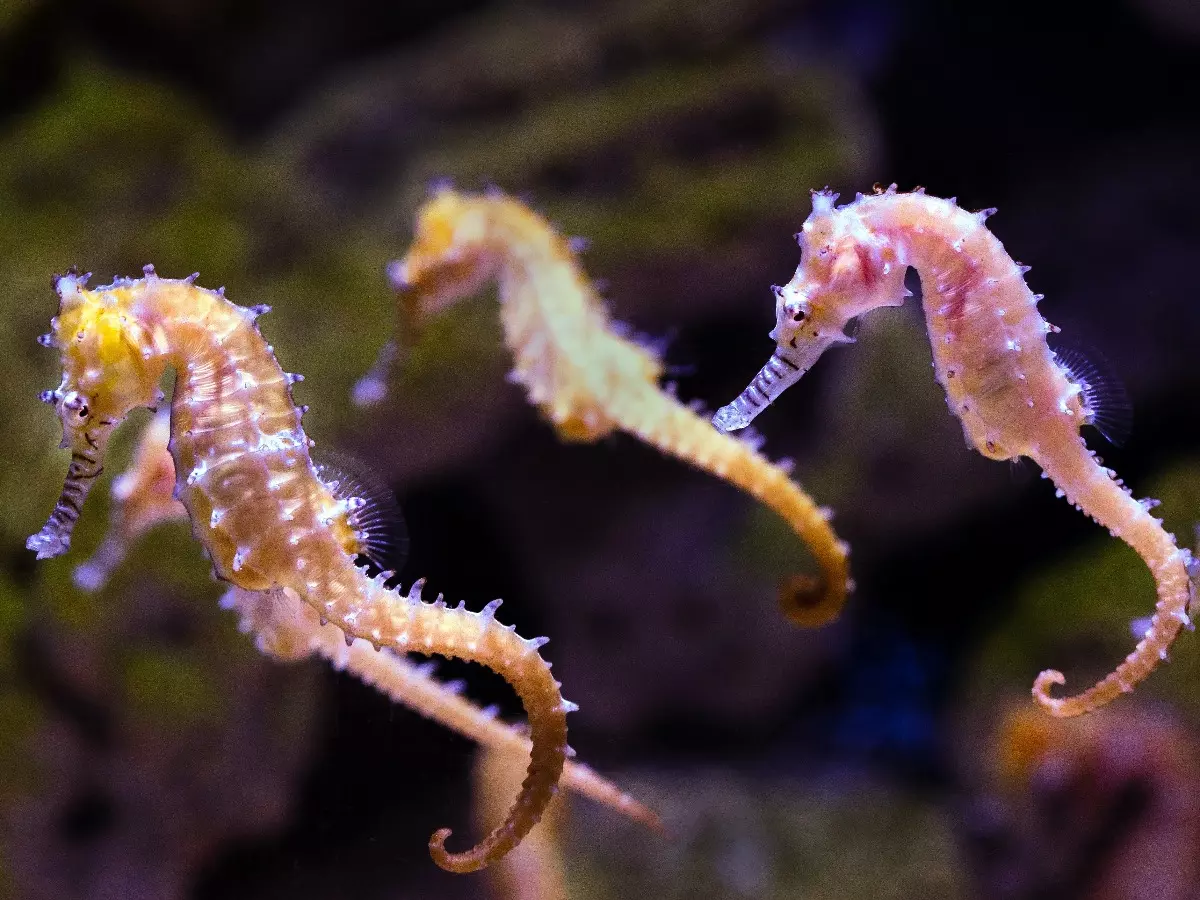Most Marine Life Would Be Extinct Before 2300 Due To Greenhouse Gas Emissions
A study published in the journal Science on Thursday found that most ocean creatures would be exposed to extremely warm conditions if greenhouse gases aren't controlled

If greenhouse gas emissions aren't curbed, marine living could die off at an alarming rate, competing with the largest mass extinctions events in the history of Earth.
A study published in the journal Science on Thursday found that most ocean creatures would be exposed to extremely warm conditions where oxygen is limited if greenhouse gases aren't controlled immediately.
According to the study, the warmer Earth gets, the more species would perish. The new assessment builds on the "Great Dying" that happened 252 million years ago when two-thirds of all marine life went extinct. This happened in the Permian period. Besides this event, researchers took into account other climate catastrophes and their results are scary.
 Unsplash
Unsplash
Mass extinction events are coming
The new model suggests that Earth could witness Permian levels of marine life extinction by 2300 if emissions aren't controlled. As temperatures rise, species will disappear from the tropics. Some animals would move to higher latitudes at this point. Polar species are at the highest risk of extinction, the paper noted, owing to their habitat becoming a "disappearing climate niche."
 Unsplash
Unsplash
Also read: Cutting Meat Consumption By 75% Globally Could Beat Climate Change, Study Says
If all countries were to abide by their promises set in the 2015 Paris Agreement to keep warming below 2¡ãC, some marine life may be saved, the study adds.
Earlier, the same team decoded the Great Dying event and found that runaway global warming and loss of oxygen were responsible for the mass extinction event. Their results matched with patterns observed by paleontologists from Permian fossil records.
 Uncredited
Uncredited
Also read: Climate Change Heating 'Invisible Ecosystems' And Transporting Pathogens To New Areas
Curtis Deutsch, an author of the paper and a professor at Princeton University was quoted by NBC as saying that the predicted extinction "registers on the geological scale among the major biotic collapses of diversity in the Earth¡¯s history."
What do you think - should we do more to protect diversity of life on Earth before it's too late? Let us know in the comments below. For more in the world of technology and science, keep reading Indiatimes.com.
References
Bush, E. (2022b, April 28). Ocean life projected to die off in mass extinction if emissions remain high. NBC News.
